Seminar on “Geopolitics of Afghanistan and Regional and Global Regulations” and the unveiling ceremony of book entitled “Geopolitics and Conflicts of Afghanistan; National, Regional and Global Regulations” was held by Kateb Research Center in collaboration with International Relations Department, Wazheh Publication and Afghanistan Future Group Institutes on January 7, 2021.
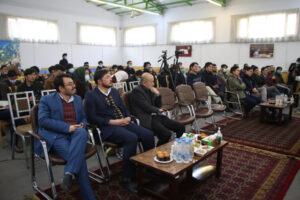
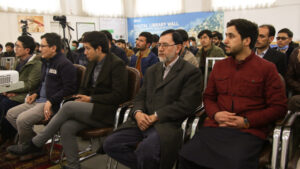
In this seminar, Dr. Sardar Mohammad Rahimi (University Professor and member of Afghanistan Future Group Institute) and Mr. Abbas Arefi, authors of the book, while introducing and explaining the book comprehensively emphasized the importance geopolitical studies in understanding the political and security situation in Afghanistan.
Dr. Fardin Hasehmi, head of Afghanistan’s Development Studies Center focused on geopolitical and security analysis of the region and the security impact of Afghanistan from three regions – Central Asia, South Asia and the Middle East as influencing the domestic and policy of Afghanistan and analyzed the geopolitical importance of Afghanistan in such situations.
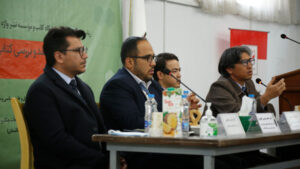
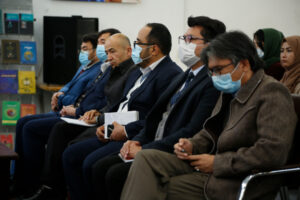
Dr. Mohammad Musa Jafari vice-chancellor for academic affairs at Kateb University and professor of International relations, reviewed and criticized the book, noting the need of publishing such scientific works, especially in the context of poor knowledge production. The coherence and eloquence of the text, the enriched theoretical literature used in this book (theoretical framework taken from Peter Hagg and model of Hipotetik Model) and focusing on three levels of analysis, were the most important strength points of the book. In addition, Dr. Jafari also emphasized the new works in the field of geopolitics, discussed the need for some corrections in the next editions of the book and noted that the geopolitical field is becoming increasingly important in international security analysis and is opposed with theoretical diversity. Thus, it is necessary that according to the development in the field, research should be creative and valiant.
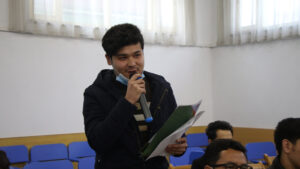
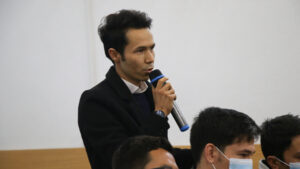
The seminar continued active and enthusiastic participation of participants and their questions and suggestions.
In the end of the seminar, Dr. Sardar Mohammad rahimi, while appreciating and thanking the judges and participants of the seminar, provided explanation about the comments and criticisms made by judges and evaluated these criticisms as a useful and valuable step for enriching the publishing work. It is worth mentioning that the entire program was broadcast live on the University’s Facebook Page in collaboration with the University’s Strategic Communications Unit.
Sharing: